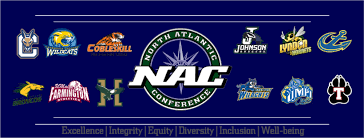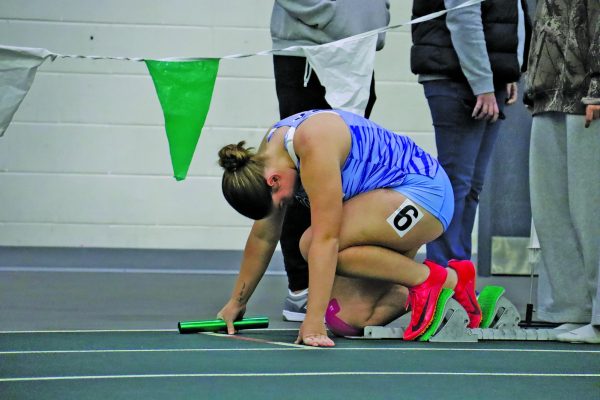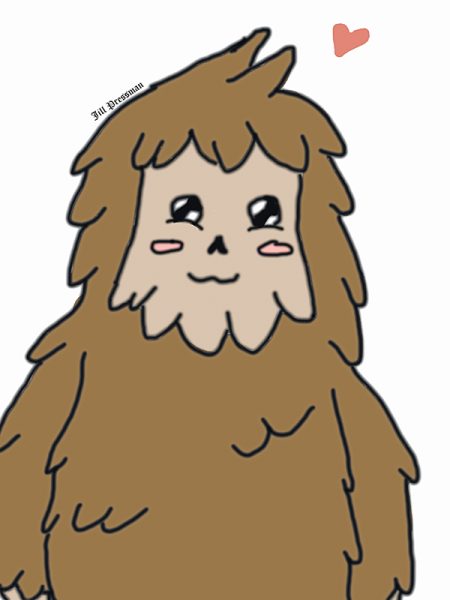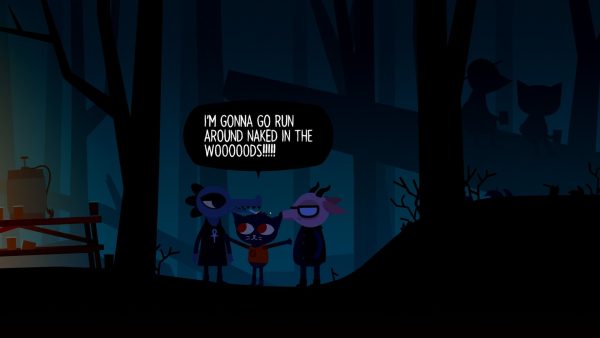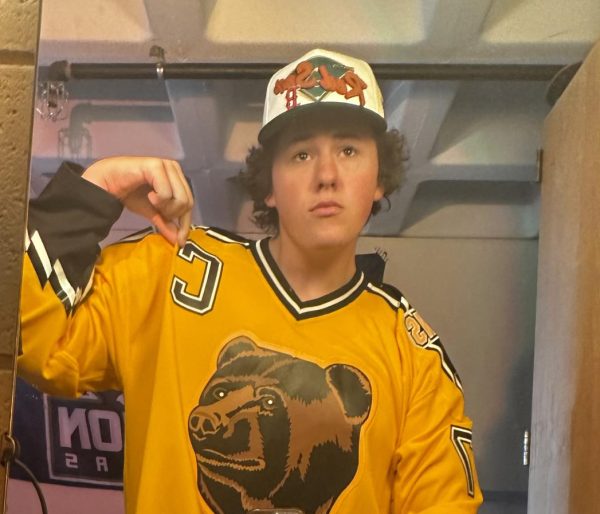Fall sports season in limbo
On July 20, NVU President Elaine Collins sent an email to NVU students and staff announcing the cancellation of NAC competition for fall sports “due to due to health and safety concerns stemming from the COVID-19 pandemic.”
Hearing that a sports season is cancelled is heartbreaking for anyone involved with athletics, and a number of athletes were questioning their decisions about whether or not they wanted to come to campus.
“When I initially found out the season was cancelled, I was pretty upset,” said Jordan Pelland, a junior on the women’s soccer team. “Although I knew with the state of COVID we are in, it was likely, but it was still tough to find out. Soccer season has always been something I look forward to when school starts up and it’s an awesome outlet for me to relieve stress, have fun and make memories.”
Many student athletes echoed that sentiment. “I felt pretty upset,” said Mason Lores, a sophomore on the women’s volleyball team. “I have high hopes for the spring.”
All National Collegiate Athletic Association (NCAA) divisions and conferences within it had to suspend seasons due to the COVID pandemic.
This is due to the fall sports season having mostly high-risk/high contact sports. NVU has a small list of sports which spreads throughout the whole academic year. Soccer, volleyball and basketball are currently the main sports that may have the closest face-to-face interactions whereas softball and triathlon are moderate-risk.
As for tennis, track and field and golf, these sports are currently marked as low-risk sports due to the distance between players.
“Basically, volleyball started off strong with our first practice being on Monday [Aug. 31],” said Lores. “I can tell that a lot of the girls are disheartened because of the lack of conference and games. We’re hoping that we get to play these games in the spring and that this semester is just warming us up even more.”
Practices have begun for most of the fall sports. Each athlete must report any symptoms and get their temperature taken before they are allowed to enter a practice. These are recorded by the team’s athletic trainer. Athletes must wear a mask to participate and will have to provide their own drinking water. No sharing of drinks is allowed. Face masks are not mandatory if an athlete is away from the team getting a drink or if it is not a high-risk sport. If an athlete needs to take off their mask, they need to be at least eight feet away from the team to do so.
What does this mean for first-year student athletes?
“I think it’s great,” said freshman Samantha Martin, a member of the women’s soccer team. “The older teammates are bonding well with the younger teammates which leads to better connections on the field. I am excited to get a whole season to prepare and better ourselves.”
Fall sports are currently in a three-phase process.
Phase 1 was students arriving to campus and completing two negative tests.
Phase 2 began when there was no increase in positive tests on Aug 31 and will continue for two weeks as teams begin to practice. Each team was given information about specific phase two instructions that teams must follow during practices. These instructions are extremely important to follow so the team and athletic department can begin Phase 3.
“I think they’re [the school] keeping us safe and watching our masks and checking our temperatures,” said Martin. “The chance to get to play and building my skills to be better for myself and the team is important.”
Phase 3 will introduce scrimmages in practices starting Sept 14.
This phase will also last two weeks and brings in more testing for student athletes. The higher-risk sports will begin weekly testing and moderate-risk teams will be tested bi-weekly. Lower risk sports, golf and tennis, will be tested if they are exposed to high-risk situations.
“I think that with how things are now- it’s kind of hard to tell whether phasing in fall sports was a smart decision,” said Pelland. “I think it’s important that the athletes take COVID precautions seriously so that we can all stay safe and play the sports we love. I do, however, think that wearing masks while participating in physical activity is a tad ridiculous since we all tested negative and cannot do contact, or small sided drills.”
For sure, questions remain.
Will all NVU sports will have a “normal” or close to a proper season for the remaining sports that have not started?
If the NAC and NCAA allow for the addition of shortened season with scheduled conference play, what teams are allowed to play? Will all sports begin their phases throughout the fall semester? If a conference play schedule for sports becomes an official thing, what happens to NVU student athletes who play for more than one team?
These questions have not been answered.
The state of the world, even a week away, is unclear. Despite that, Pelland and the other athletes are staying optimistic.
“Having a shorter season or small series of games is better than no season at all,” said Pelland. “I think it’s really important to be rewarded in some sense for the work we are putting in.”
The plan to test student athletes weekly for higher-risk sports has become a discussion that concerns the rest of the student body.
“I think that it’s better to test than to not test, but it may cost the school a good amount of money and the weekly might be a little bit excessive,” said Lores. “I think that it is helpful to slow the spread of the virus, but on the athletic side, I just want to get in the gym and face opponents.”
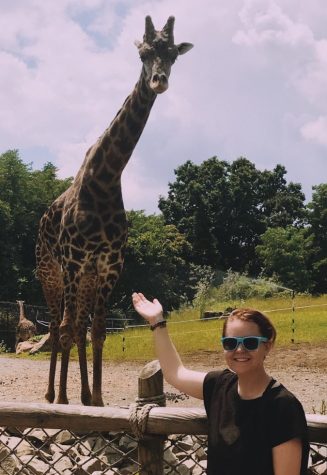
Senior, Pre-Law & Journalism
Grew up in Middle Town, NY
Fall 2019 - Present
My spirit animal is a Narwhal because they are the aquatic unicorns!


